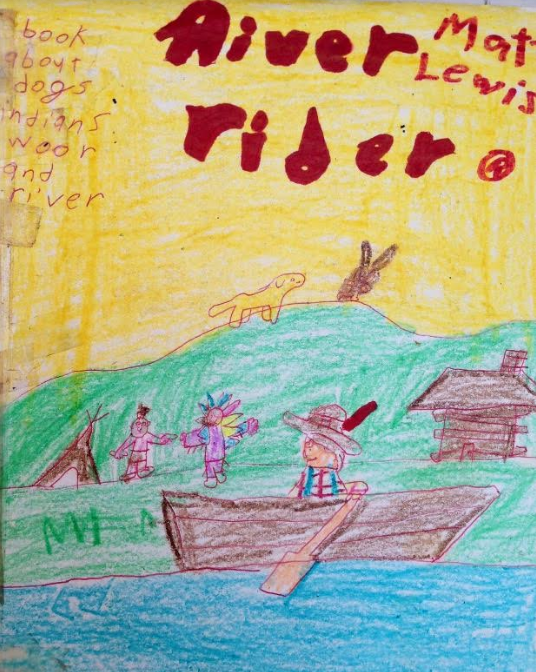With less than a week to go before this election season is mercifully over, I thought I would provide some counter programming and talk about something more hopeful. As regular readers know, I’m a fan of podcasts, and I recently stumbled across a simple (yet profound) way to help discover your life’s calling.
Many of us struggle with discovering our professional purpose, but it seems likely that secrets about our future purpose might be hidden in our past childhood interests and successes. Recently on The James Altucher Show podcast, Chip Conley, Head of Global Hospitality & Strategy for Airbnb and founder and former CEO of Joie de Vivre, talked about how he retroactively discovered his purpose.
“I had a really beautiful conversation once with a high school friend of mine,” he said, “He helped me see myself at age 6, 8, 10, or 12 like I couldn’t remember myself.”
“He said, ‘Chip, you don’t even remember that you started a restaurant in your family dining room.”
“This was literally when I was creating my second restaurant in one of my hotels. I was like, ‘Oh, I guess I have a restaurateur in me from way back then.'”
I had a similar experience. As I recently discussed on The Jamie Weinstein Show podcast, I had no idea that I was meant to do what I’m doing. If you had told me that I could get paid to write or talk about politics, I would have laughed at you. The odds of that happening were about as good as the odds I would be starting shortstop for the Baltimore Orioles.
But here’s the crazy thing: in hindsight, it is obvious to me that I’m doing exactly what I was meant to be doing. When I was a little kid, I wrote my own “book” that was both politically and grammatically incorrect (“about dogs, Indians, woor, and river.”)

And in high school, I received a pretty good response to this paper that I wrote about Ronald Reagan.

Again, despite what might now look like obvious clues, I want to stress that the thought literally never occurred to me that I wanted to be a writer or journalist—or that I could plausibly become one. What is more, like Chip Conley, I had forgotten about these childhood projects and papers (he was reminded of the restaurant story by a friend; I (re)discovered my past as a writer while rifling through a dusty box of keepsakes).
Our memories (and our ability to recall them) age along with us. And this, of course, is a good argument for keeping a notebook. In the immortal words of Joan Didion, “I think we are well advised to keep on nodding terms with the people we used to be, whether we find them attractive company or not. Otherwise they turn up unannounced and surprise us, come hammering on the mind’s door at 4 a.m. of a bad night and demand to know who deserted them, who betrayed them, who is going to make amends.”
Who knows what the future may hold for any of us. In 1 Corinthians 13:12 (Amplified Bible), it says:
“For now [in this time of imperfection] we see in a mirror dimly [a blurred reflection, a riddle, an enigma], but then [when the time of perfection comes we will see reality] face to face. Now I know in part [just in fragments], but then I will know fully, just as I have been fully known [by God].”
If you are “seeing through a glass darkly” and struggling to discover your calling, it might be worthwhile to spend some time reflecting and talking to people about your past. Their memories and insights may help you see clearly what has been hiding in plain sight right in front of you all along.












